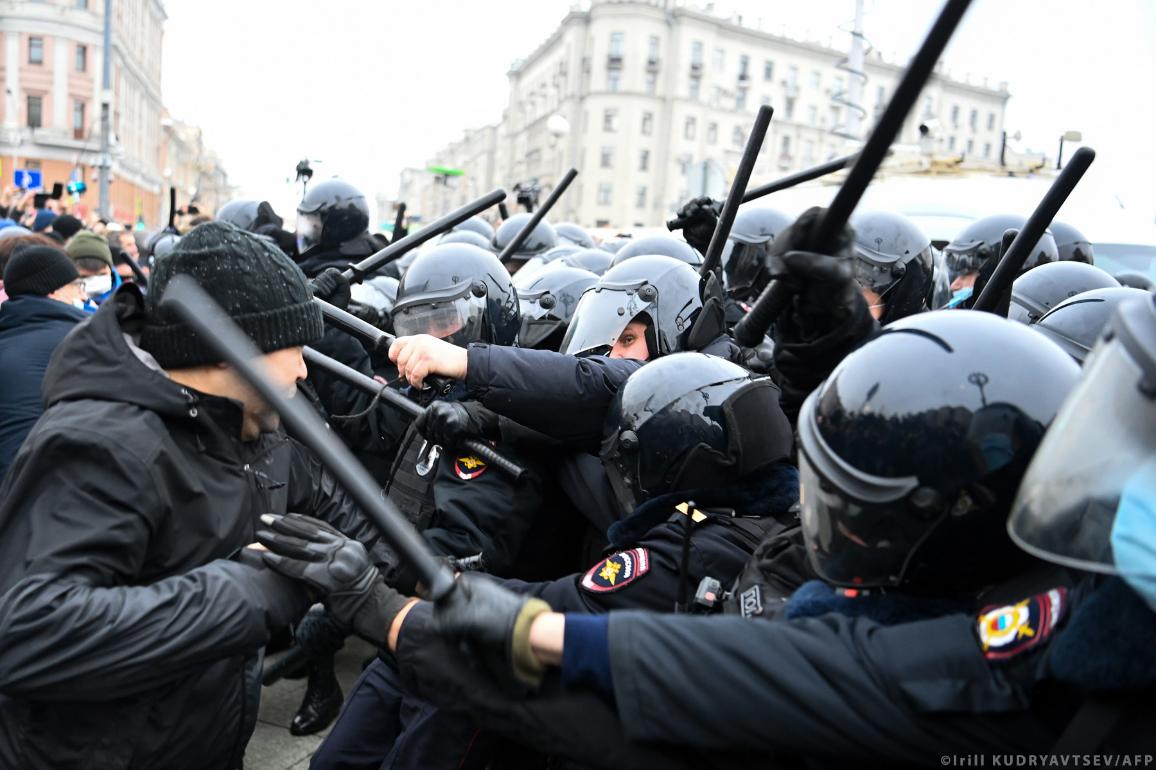Russia’s military build-up around Ukraine is just one of the latest sources of tension in the country’s relations with the EU. Find out more, World. EU-Russia relations have become increasingly strained over the past decade, not least because of the Kremlin’s interference in Ukraine following its 2014 annexation of Crimea. The Russian government’s support for separatists in eastern Ukraine and Russia’s military intervention in Syria have only exacerbated matters. Another source of tension is Russia’s disinformation campaigns and cyber-attacks, as well as attempts to interfere in Western democratic processes.
Ukraine
The EU and various western countries have pledged their support to Ukraine following Russia’s massing of troops along the country’s borders in December 2021 and January 2022. In a resolution adopted in December 2021, the European Parliament called on Russia to withdraw its troops threatening Ukraine and said any aggression by Moscow must come at a high economic and political price.
Members of Parliament’s foreign affairs committee and security and defence subcommittee will go on a fact-finding mission to Ukraine starting on 30 January.
This is far from the first time that the Parliament’s has pushed back against Russian interference in the country and supported Ukraine’s wish for closer ties with the EU.
In a resolution adopted on 29 April 2021, Parliament expressed grave concerns about the large Russian military build-up at the border with Ukraine and in illegally occupied Crimea. MEPs warned that the price for a Russian invasion of Ukraine would be severe. They also condemned the involvement of Russian intelligence services in the 2014 explosion of an ammunitions depot in the Czech Republic and again reiterated their call for the immediate and unconditional release of opposition leader Alexei Navalny.
On 15 September 2021, Parliament adopted a resolution stating the EU must push back against aggressive policies while laying the groundwork for cooperation with a future democratic Russia.
Arrest of Alexei Navalny
Having recovered from a near-fatal poisoning in 2020, Alexei Navalny was detained on his return to Russia on 17 January 2021.
In a resolution adopted four days following the arrest, Parliament called for significantly tighter EU sanctions against Russia, as well as for the immediate and unconditional release of Navalny and of all those detained in relation to his return to Moscow.
In December 2020, the European Parliament awarded the Sakharov Prize for Freedom of Thought to Navalny for his fight against corruption and the Kremlin’s abuses of human rights. It was accepted by Daria Navalnaya on behalf of her imprisoned father.
EU sanctions against Russia
Since the annexation of Crimea in 2014, EU economic sanctions target Russia’s financial, defence and energy sectors. Russia has responded with counter-sanctions, banning around half of its agri-food imports from the bloc. Before Christmas, EU leaders unanimously decided to extend the sanctions until 31 July 2021. The measures, which are renewed twice a year, have hit Russia hard: by late 2018, its economy was thought to be 6% smaller due to EU and US sanctions.
The EU also imposed sanctions on Russian officials in response to Navalny’s poisoning.
In a resolution adopted in December 2021, Parliament called for further sanctions in the case of Russian aggression against Ukraine.
Nord Stream 2
Another aspect of EU-Russia relations is energy. Controversy over the new Nord Stream 2 pipeline has highlighted the country’s leverage as the Union’s main energy supplier. In a resolution adopted in January 2021, MEPs called on the EU to immediately stop work on the controversial pipeline, which would link Germany directly to Russia.
No longer a ‘strategic partner’
There are many areas where both the EU and Russia have common interests and concerns. For instance, Russia played a constructive role in negotiations on the Iran nuclear deal, both the EU and Russia advocate a two-state solution to the Israeli-Palestinian conflict and both are signatories of the Paris climate agreement. The EU is still by far Moscow’s biggest trade and investment partner (accounting for 42% of Russian exports in 2019).
However, in view of the Russian government’s course of actions, Russia can no longer be considered a “strategic partner”, a European Parliament resolution stated in March 2019. Closer relations will only be possible if Russia fully cooperates to end the war in eastern Ukraine and starts respecting international law, the text said.
EU-Russia relations
Share this article:
EU Reporter publishes articles from a variety of outside sources which express a wide range of viewpoints. The positions taken in these articles are not necessarily those of EU Reporter.



























